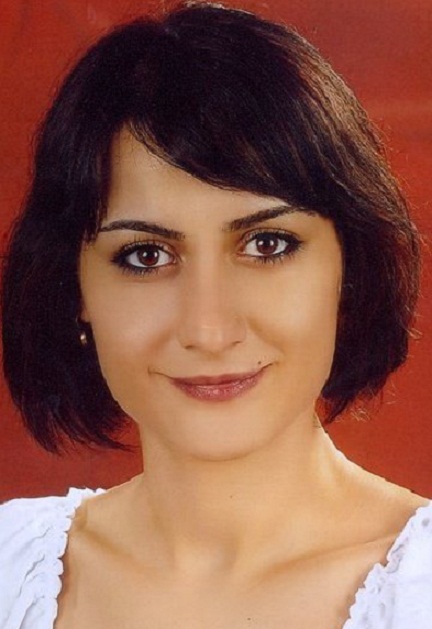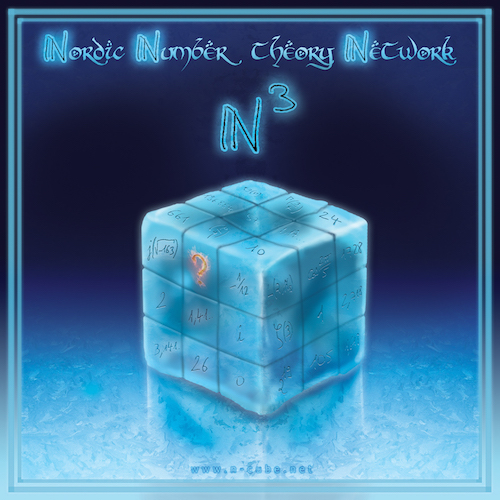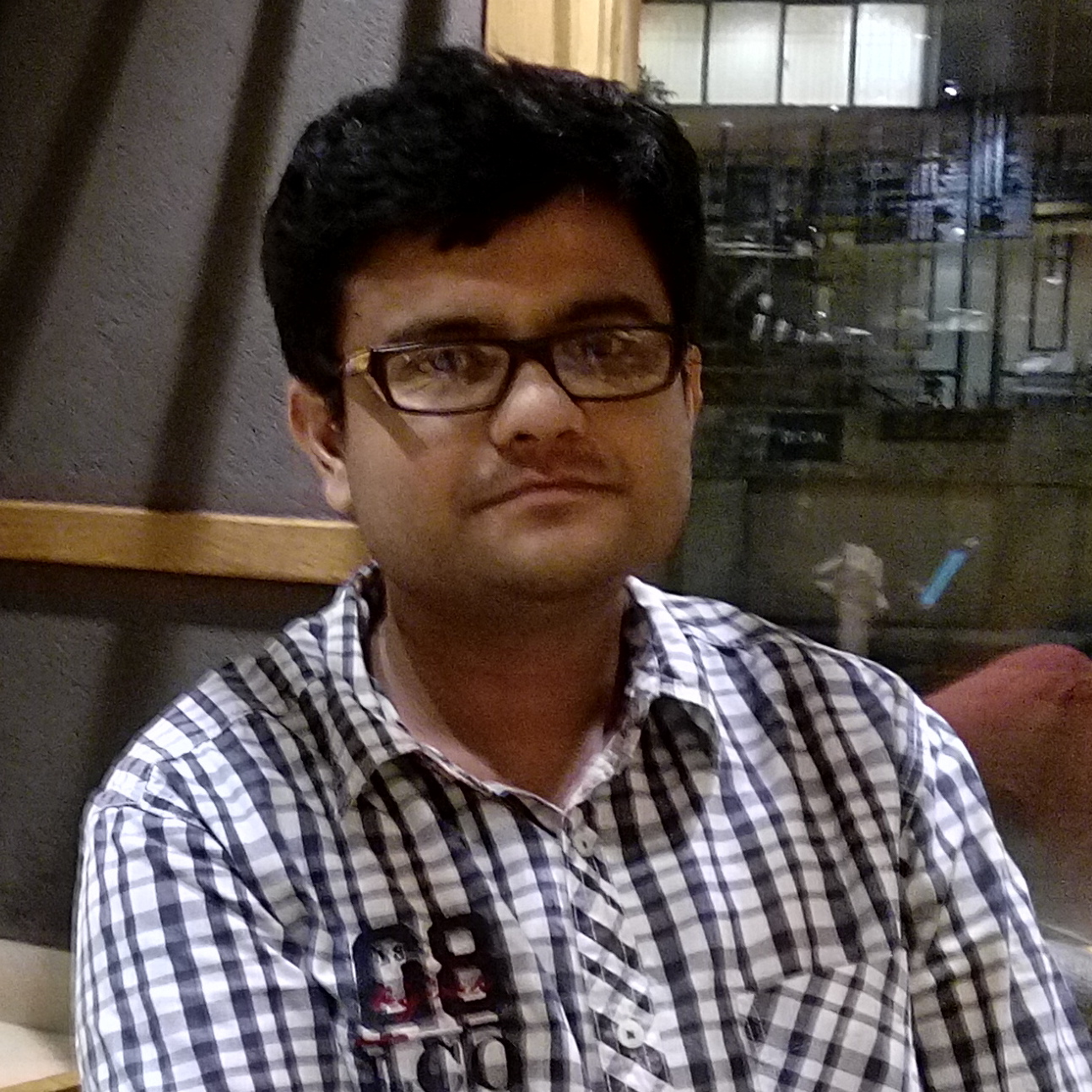Today postdoc Vincent Neiger started in the algebra group. He is supported for two years by the H.C.Ørsted foundation and will work on fast algorithms on matrices with polynomial entries.
Nov
Today a workshop took place at DTU in connection to the FNU-project “How secret is a secret?”. Apart from DTU, the participants came from AU and AAU. A short program of the workshop can be found here.
Oct
Nurdagül Anbar’s position as postdoctoral researcher in the algebra group finished on the 1st of October after having worked with us for two years.
She now starts a postdoc position at the University of Magdeburg. We will miss her drive, ideas and energy and wish her all the best in her future career!
Her project Curves with many rational points was supported by the HCØrsted COFUND Postdoc programme. Nurdagül has been a successful researcher, having contributed significantly to five project-related articles (and several others besides). Of these five, one has appeared electronically in the Journal of Number Theory, three have been accepted, and one is currently under review.
Sep
A workshop on the mathematics of theoretic cryptography organized by NUS and NTU will be held in Singapore from 26th till the 30th of September. Peter Beelen is a key-note speaker for this workshop and will give an overview talk on towers of function fields and their uses in coding theory.
Aug
Associate professor Alp Bassa from Boğaziçi University in Istanbul (Turkey) is visiting the algebra group at DTU in the period 17-25 august. He will work with Peter Beelen and Nurdagül Anbar on various problems in function fields.
Jun
Sudhir R. Ghorpade from the Department of Mathematics at IIT-Bombay is visiting the algebra group this week. He will together with Peter Beelen and Mrinmoy Datta finish a paper in which several generalized Hamming weights of projective Reed-Muller codes are determined. Compared to the current state-of-the-art in this area, the paper will mark significant progress.
Sudhir has visited DTU several times and has coauthored several papers with Peter and other authors from DTU before. You can see us working on our current project in the picture above.
Jun
Peter Beelen will give a talk on Monday June 6 at the 2016 SIAM conference on discrete mathematics in Atlanta, USA.
He will talk about his recent progress, obtained together with postdoc Mrinmoy Datta and Prof. Sudhir Ghorpade from IIT-Bombay, on the determination of the generalized Hamming weights of projective Reed-Muller codes. Knowing these weights helps in finding the answer to a very fundamental question in algebra: “How many solutions can a system of polynomial equations have over a finite field?”
May
Postdoctoral researcher Nurdagül Anbar will give a talk on June 3rd on the N-cube days at KU. At this workshop several researchers on number theory will present their work. Nurdagül will talk about recent results on the asymptotic p-rank of towers of function fields.
May
Starting the 1st of June, Mrinmoy Datta will become a member of the algebra group in the section for mathematics at DTU Compute. He obtained a prestigious two-year postdoctoral research grant from DFF-FNU for the project Intersection of hypersurfaces: the fundament of algebraic coding theory (Grant No. 6108-00362).
Mrinmoy obtained his Ph.D. degree in mathematics at IIT-Bombay (India), under the supervision of Prof. S.R. Ghorpade. The algebra group looks forward to working together with Mrinmoy in the coming two years!
Apr
The article “The structure of dual Grassmann codes” by Peter Beelen and Fernando Piñero has just appeared in the high ranking journal Designs, Codes and Cryptography (DCC). Co-author Fernando Piñero is an old acquaintance of the algebra group: Fernando did his Ph.D. between 2011-2014 supervised by Peter Beelen and Prof. Emeritus Tom Høholdt. After his Ph.D. Fernando became a postdoc at the IIT-Bombay, India. Currently he is working at the UPR (University Puerto Rico).









